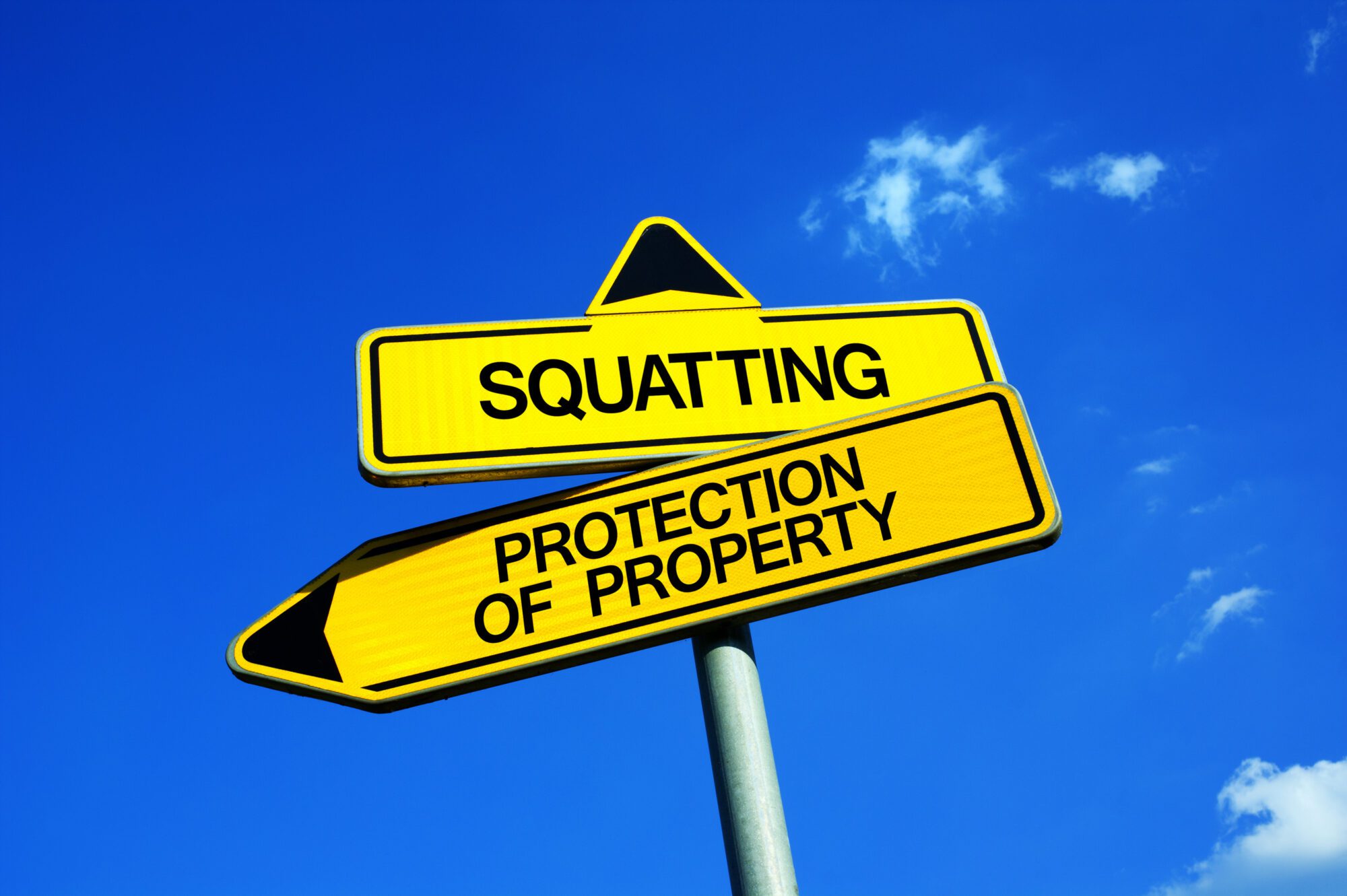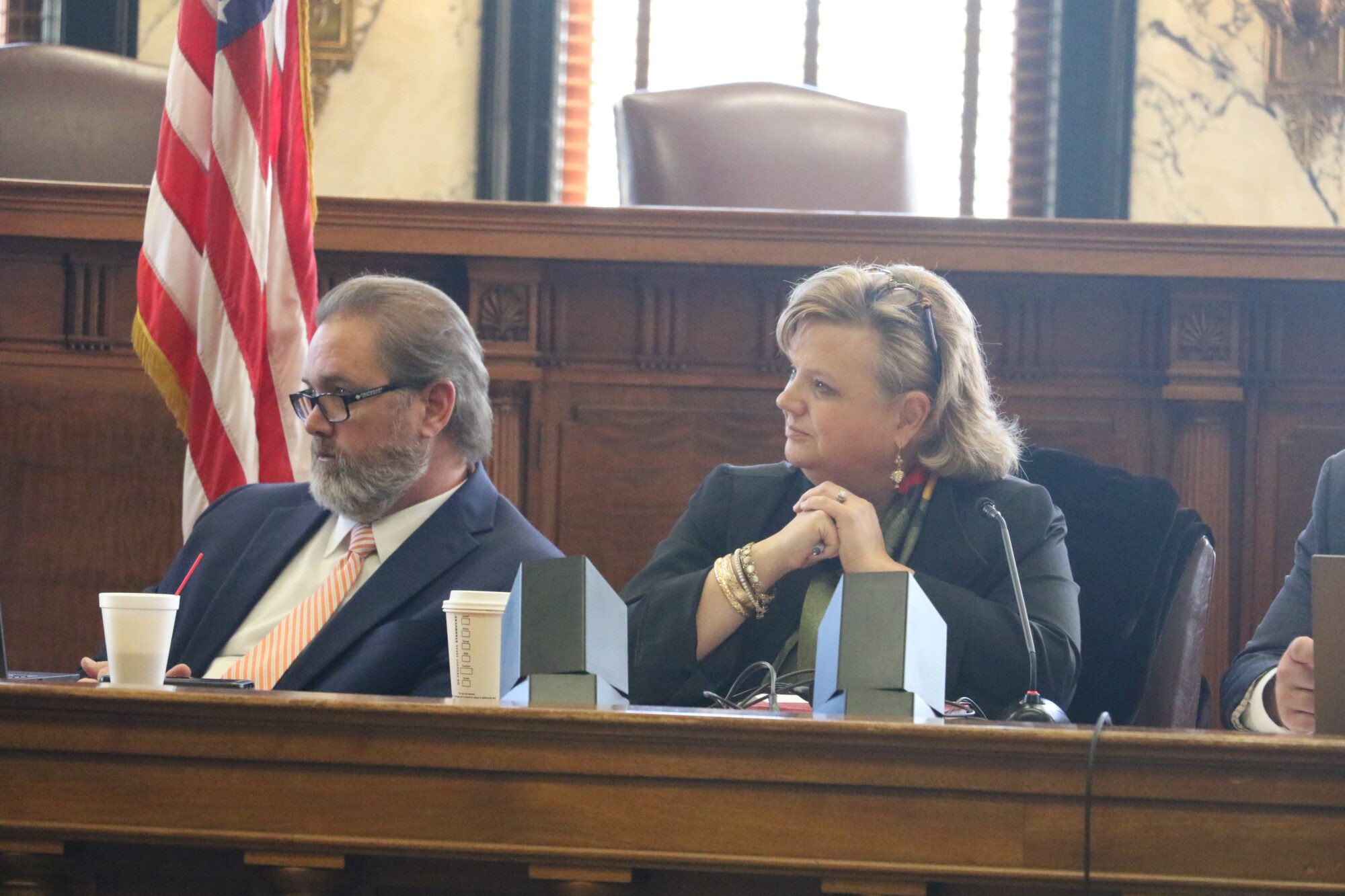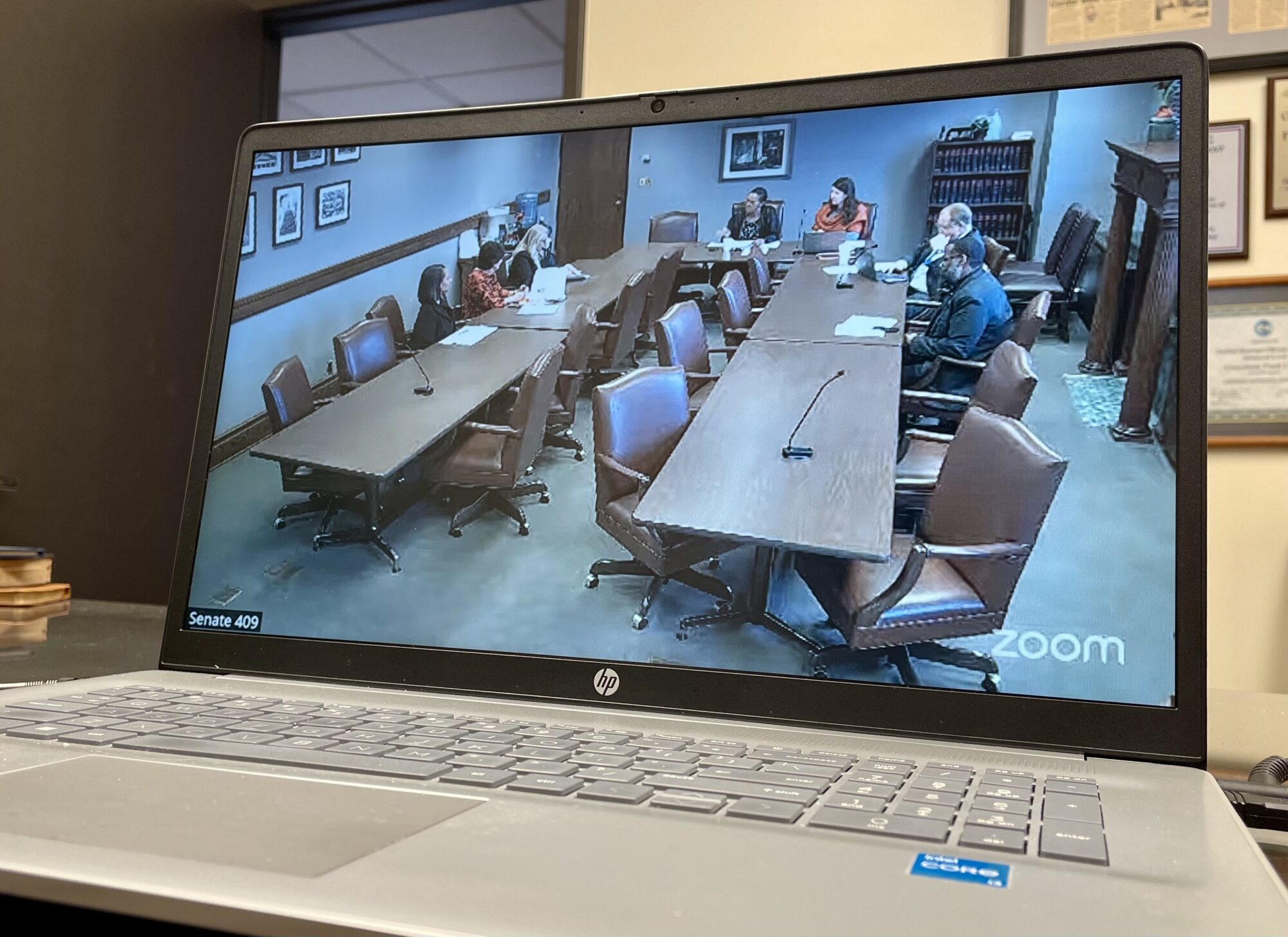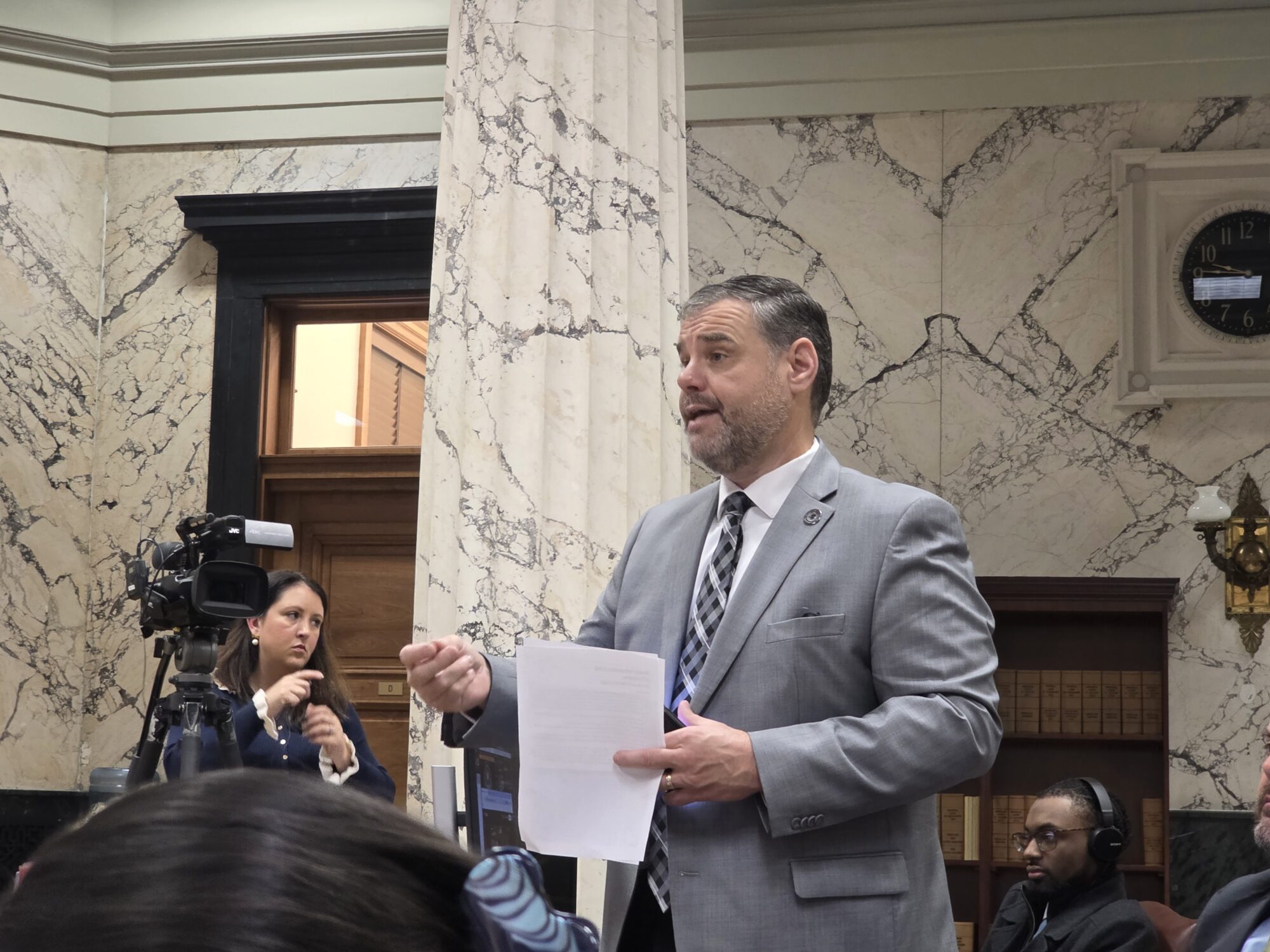
- The measure outlines the process by which an alleged squatter could be removed by law enforcement in the Magnolia State.
Property owners in Mississippi could soon have legal recourse to deal with squatters if a bill that passed the House of Representatives Monday afternoon becomes law.
State Rep. Shanda Yates (I) described HB 1200, as the “Real Property Owners Protection Act.” If passed, it will protect property owners from squatters and renters who refuse to leave the premises.
The process to remove a squatter would be for the owner or managing agent to file a notice with the local law enforcement agency, upon which time the law enforcement agency has 24 hours to provide notice to the alleged squatter(s).
According to the legislation, if an alleged squatter is served notice and they wish to challenge the eviction, the person(s) has three days to provide notice to the applicable municipal or justice court. If notice is not made within that three day period, the law enforcement agency has cause to remove the squatters.
After a challenge is filed, the court has seven days to hold a hearing on the case. When a person is determined to be a squatter, they will then have 24 hours to vacate the property, unless the court finds reason to have that person(s) removed in less than a day. Two possible reasons the court may find to remove a person sooner than 24 hours include the squatter committing acts that affect health or safety, or the potential of the squatter to cause damage to the home while moving out, the bill states.
If the date the court ordered the squatter to move out passes and the squatter remains, that person can be immediately removed by law enforcement. Any personal property in the home at that time is forfeited and can be disposed of by the property owner. The agent or owner of the property and the law enforcement officer involved in removing the squatter will not be liable for any damage to personal property during the eviction.
The legislation also addresses instances of the alleged squatter using false documentation to challenge the eviction.
“There are additional crimes in this bill that are created that would apply to anyone who creates and presents false documentation such as a false lease in court to assert they have a right to be there when they do not,” Yates described.

Penalties are included in the bill for falsely representing legal occupation of a residence, which can include a prison term of not less than two years and not more than five years along with fines that can include the value of lost rent during the time of the squatting and recouping of legal fees.
Penalties are also included for those who provide false documentation that allows a person to present themselves as the owner or managing agent of property they do not legally have the right to rent, lease or sell. In addition, there are protections for residents who may face false reports of squatting.
“If the court determines that the person who filed the complaint intentionally made false statements, the person shall be guilty of a misdemeanor and fined in an amount equal to triple all costs and fees accrued by the person who is the subject of the affidavit and may be imprisoned in the county jail for up to six (6) months, or both,” the bill states.
If the bill becomes law, it would go into effect on July 1 of this year.
The measure passed the House by a vote of 99-14. It has not been assigned to a committee in the Senate as of yet.











